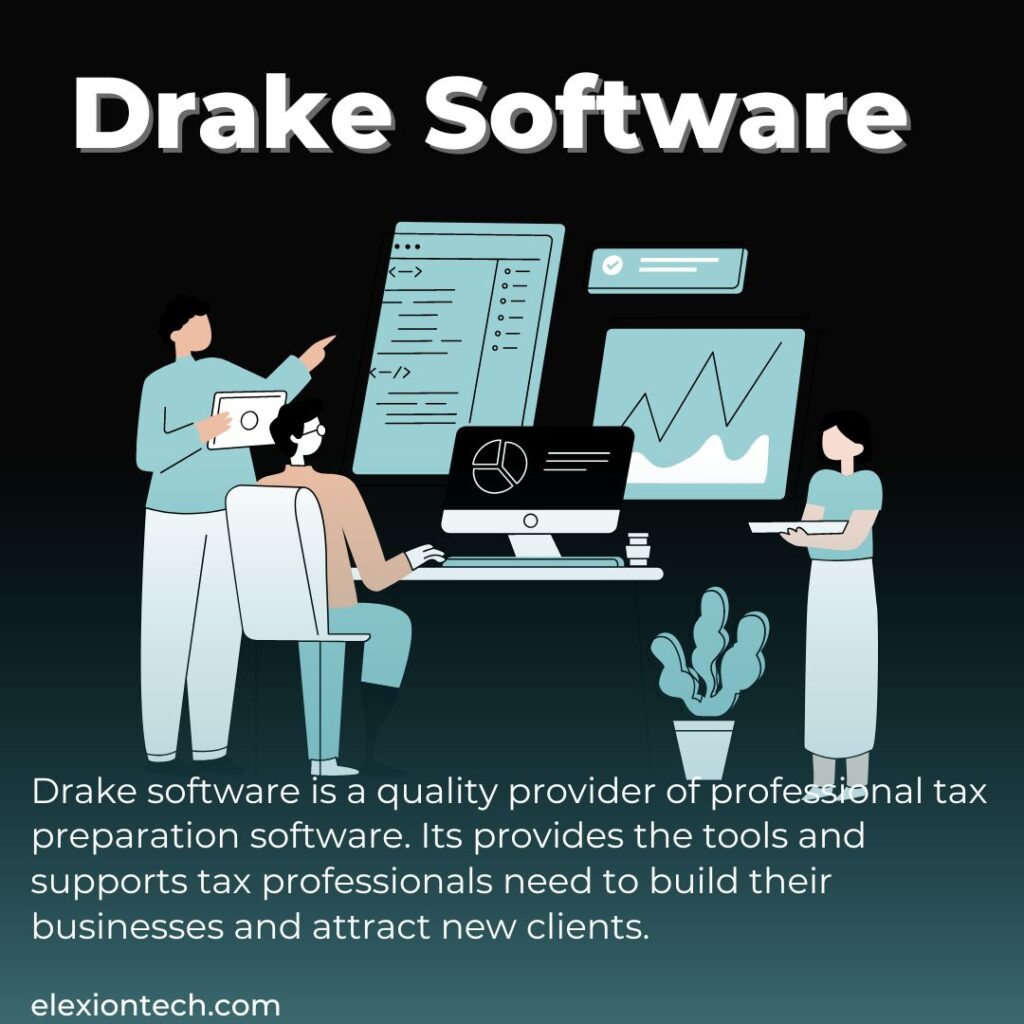Software Engineer

The unsung heroes of the digital industry are software Engineer. Their abilities—as well as the marvels of contemporary engineering, of course—allow our gadgets to transcend their silicon and plastic casings and transform into the indispensable instruments of our day.
The work that these programmers do may appear intimidating or even unfathomable from a distance. However, even for those with little to no prior industry experience, it’s now easier than ever to enter the software engineering business because to the proliferation of computer science education and training alternatives. All you need is a good dose of ambition, diligence, forethought, and flexibility.
The study of computer science and engineering applied to the design, development, testing, and maintenance of software systems is known as software engineering. It entails using organized, methodical ways to software development in order to guarantee that the final result is dependable, effective, and fits the needs of businesses and customers. SE uses a variety of procedures, ideas, and approaches to create software that is of the highest caliber.
Typically, becoming a software engineer entails the following six steps:
- Planning your career path
- Obtaining an education
- Gaining experience
- Getting certified
- Building your portfolio
- Applying for jobs
The benefits of up skilling are well worth the effort, even though it calls for a strong commitment and patience. Discover how to become a software engineer by reading on!
1.Planning Your Career Path
Aspiring software engineers should consider their professional path even if many software engineering (or coding) abilities are applicable to different roles. Since “coding” can refer to a wide range of jobs, it’s important to distinguish between software engineering and related disciplines like web programming while starting the career planning process.
Software engineering, as the name implies, is often used to describe the development and application of utility and computer software. Software engineers create software solutions that meet consumers’ digital needs by utilizing their extensive knowledge of computer science and mathematics. However, the primary concentration of web developers is on website coding. These experts are in charge of designing and managing everything from general usability to navigation and layouts and features.
You may begin navigating your planned career path after you have a firm understanding of it. Let’s continue our conversation on how to become a software engineer with that in mind.
2. Obtaining an Education
Aspiring software engineers can pursue their education primarily through three paths: self-directed learning, college, and coding bootcamps. The option you select will depend on your lifestyle circumstances (e.g., financial resources, planned deadlines, conflicts in schedule, etc.) and your preferences as a student.
Before registering for an academic course, thoroughly weigh the benefits and drawbacks of each option!
3. Gaining Experience
Formal classes shouldn’t be the beginning and end of your skill development! Aspiring software engineers should seek out chances for volunteer work, side projects, internships, and other real-world employment to gain practical experience. You may strengthen your professional portfolio, add items to your resume, and generally elevate your position throughout the job search by using your coding talents outside of the classroom.
Not sure where to begin? See if the alumni affairs office at your university can put you in touch with any open internship or placement opportunities if you’re enrolled in a bootcamp or college program. As an alternative, you can find some inspiration by looking at a few of the links below!
4. Getting Certified
Do you want to increase the likelihood that employers will select you? You ought to think about becoming certified. In the competitive job market of today, certificates are important since they enable employers looking for top talent to swiftly verify your experience. Possessing a certification could make you stand out from the competition when prospective employers go through resumes.
A few certifications that could be useful for an entry-level software engineer are mentioned below.
5. Building Your Portfolio
An essential tool for any prospective software engineer looking for work is a code portfolio. Often, this extensive portfolio serves as a recruiter’s initial impression of you. It’s also a wonderful approach to highlight your previous work, which can demonstrate your adaptability and general expertise as a software engineer ready for the workplace.
It is your responsibility as an interested applicant to offer as much proof of your skills as you can, therefore take the time to develop your portfolio appropriately! Make sure to provide thorough descriptions of all the technologies you used, the roles you played, and any other pertinent details about your ideology and process when summarizing projects.
6. Applying For Jobs
You can apply for software engineering jobs after you’ve completed projects, obtained the necessary training and certification, and built a well-organized portfolio. Identifying positions you would prefer based on your experiences thus far may help you narrow down suitable chances early in the application process. Begin by outlining your professional goals. To guarantee that prospective employers have the most recent version of your talents and capabilities, update your resume, LinkedIn page, and any other pertinent application materials.
It’s critical that you don’t limit yourself at this point and maintain your confidence. At first, the sheer variety of professions can be daunting, but as you explore your options, remember that your ideal position is out there; it might just take some time to find.
What Is Software Engineering?
The field of software engineering deals with creating, distributing, updating, and refining computer and other digital device software systems and programs. Computer programs, smartphone games, and operating systems are examples of this software. Building and testing software in teams while utilizing programming languages is the main focus of software engineering.
1. Requirements Analysis
In software engineering, identifying the issue that needs to be resolved is the first step. Software engineers collect and evaluate requirements in close collaboration with stakeholders.
2. Design
Software engineers create the software’s architecture and structure after the requirements are apparent. This involves planning the general system layout, defining data structures, and developing high-level and low-level designs. To guarantee performance, maintainability, and scalability, good design is essential.
3. Implementation
Where the rubber hits the road is in coding. Software engineers use programming languages to build code that transforms a design into a functional product. To write clear, understandable, and maintainable code, they must adhere to best practices and coding standards.
4. Testing
One of the main pillars of software engineering is quality assurance. Engineers test software using a variety of techniques, including unit testing, integration testing, and user acceptability testing, to ensure that it functions as intended and complies with requirements. During this phase, any flaws or difficulties found are quickly addressed and fixed.
5. Maintenance
Writing software is a continuous process. Software engineers are in charge of continuing support and maintenance after deployment. This include fixing bugs, adding new features, and making sure the software keeps up with changing requirements and technologies.
Which Programming Languages Are Best for a Software Engineer Career?

Determining which coding languages have the most professional value can be difficult when you’re a new software engineer. Fortunately, we’ve put up a list of the most in-demand coding skills available right now, so you don’t have to limit yourself to just the abilities you possess.
JavaScript
Not only is JavaScript “the most sought-after language by hiring managers in the Americas,” it has been often cited as the most widely used programming language in the world .Because JavaScript is still relevant and is supported by the majority of popular web browsers, it is a default language and one of the simplest to learn.
Python
Another popular language that’s mostly utilized for data science and back end development is Python. To help with a range of projects, this general-purpose language is suited to numerous programming paradigms, including object-oriented and functional. Python is well-known for being reasonably simple to learn, similar to JavaScript, but even experienced software engineers should take use of its benefits; more than half of hiring managers now look for applicants who can speak the language fluently.
Go
Created by Google Since its launch in 2009, the popularity of Go has steadily grown. It has been the “#1 language developers want to learn next” for three years running, according to Hacker Rank experts. It was also ranked as the “12th most known language for 2020.” Go is a valuable language for today’s engineers, and given the age of many of its well-known competitors, it is safe to predict that it will only continue to carve out deeper niches in the wide field of programming.
Java
The fifth most popular language among developers who work in the field is Java. Java is an object-oriented, general-purpose language that is particularly useful for developers building objects that “encompass functions and data.” The language’s ageless appeal is maintained by its adaptability as well as the fact that it is consistently in demand among all notable languages.
HTML
“Hyper Text Markup Language,” or HTML, is a very approachable language that’s frequently used to describe the formatting and general layout of a web page, despite its somewhat scary moniker. HTML is more specialized as a markup language, yet it’s still one of the most widely used languages in the world.
15 Important Skills for Software Engineers
- Communication is essential for engineers. They must engage with non-technical stakeholders, designers, and product managers in cross-functional teams and exchange ideas and solutions.
- Solving problems: By nature, software engineers are problem solvers. They recognize problems, evaluate them, and come up with original and practical solutions. Critical thinking and troubleshooting skills are quite valuable.
- Writing code is the foundation of software engineering. Proficiency in coding is vital, encompassing an understanding of clean code concepts, version control systems such as Git, and best practices.
- Programming Languages: It’s essential to be proficient in programming languages. You might work with languages like Java, C++, C#, Ruby, etc., depending on the project. Mastering the languages necessary for your line of work is crucial.
- Writing code is simply one aspect of the job of a software tester. It is essential to conduct thorough testing to make sure the code functions as planned. Delivering dependable software requires familiarity with testing frameworks and procedures.
- Python is a popular programming language that is well-known for being easy to learn and understand. It’s a useful talent for software developers because it’s a popular choice for data analysis, artificial intelligence, and web development.
- Software Development: It’s critical to comprehend every step of the SDLC, from gathering requirements to implementation and maintenance. Understanding methods such as Scrum and Agile might be helpful.
- Software Engineering Principles: Developing stable and maintainable software systems requires an understanding of software engineering principles such as scalability, architectural concepts, and design patterns.
- JavaScript: JavaScript is a major force in front-end development. It drives online user experiences and interactivity. It is highly desirable to be proficient in JavaScript and the frameworks that go along with it, such as React, Angular, and Vue.js.
- Project management: Complex projects are a common task for software engineers. Effective project completion is facilitated by the application of project management skills such as task prioritization, time management, and Agile approaches.
- Creativity: Developing elegant solutions is a key component of software engineering, in addition to producing code. Original problem-solving strategies and inventive methods can result from creative thinking.
- Design: It is crucial, particularly for front-end engineers, to comprehend the principles of user interface (UI) and user experience (UX) design. Design expertise is helpful in developing applications that are easy to use.
- Teamwork: The foundation of software engineering is collaboration. Software developers need to collaborate well, exchange expertise, and help the group succeed as a whole.
- SQL: A vital component of many software programs are databases. Proficiency with SQL (Structured Query Language) is necessary for effectively managing and querying databases.
- HTML: The building block of all web pages in terms of web development is HTML. Front-end developers must comprehend HTML and how it is used to organize web content.
FAQs
What is required to become software engineer?
“Most software engineering jobs require at least a bachelor’s degree,” Frederick explained. The optimal degree is a bachelor’s in software engineering, although it can also be beneficial to study computer science or other STEM fields like math, science, or engineering.
What is needed to become a software engineer?
The most conventional path to become a software engineer is obtaining a bachelor’s degree, doing an internship, and then applying for jobs. An associate degree can be obtained by software engineers in order to start their study and then move to a bachelor’s program.
Is it very hard to become a software engineer?
It can be difficult to learn software engineering from scratch, but if a person is prepared to invest in the necessary time, effort, and attention, even those who are new to the field can rapidly prepare for an entry-level position by attending a boot camp and building a solid knowledge base.
Which pays more software engineer or developer?
Experience, geography, and sector can all have an impact on the salary disparities between a software developer, programmer, and software engineer. Nonetheless, software engineers typically make more money than programmers and developers do.
Is software engineering high paying?
An entry-level software engineer typically makes $99,366 a year. Another well-paying entry-level job is data scientist, with an average salary of $100,560 per year. With an average yearly salary of $151,960, software engineers also frequently begin their careers as software developers.


